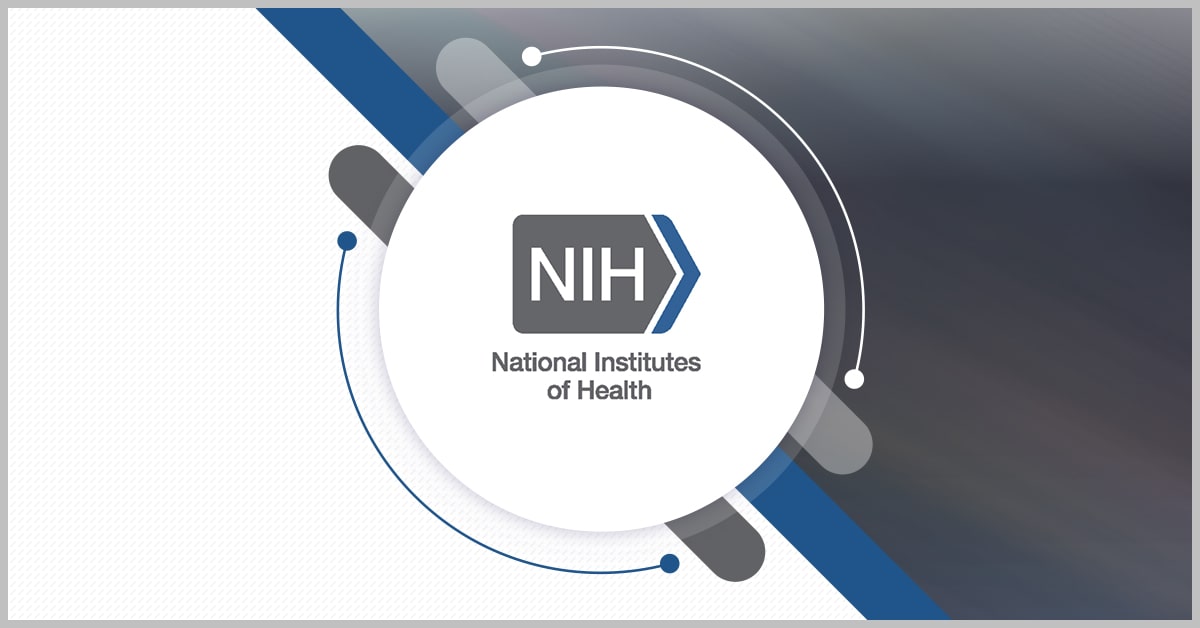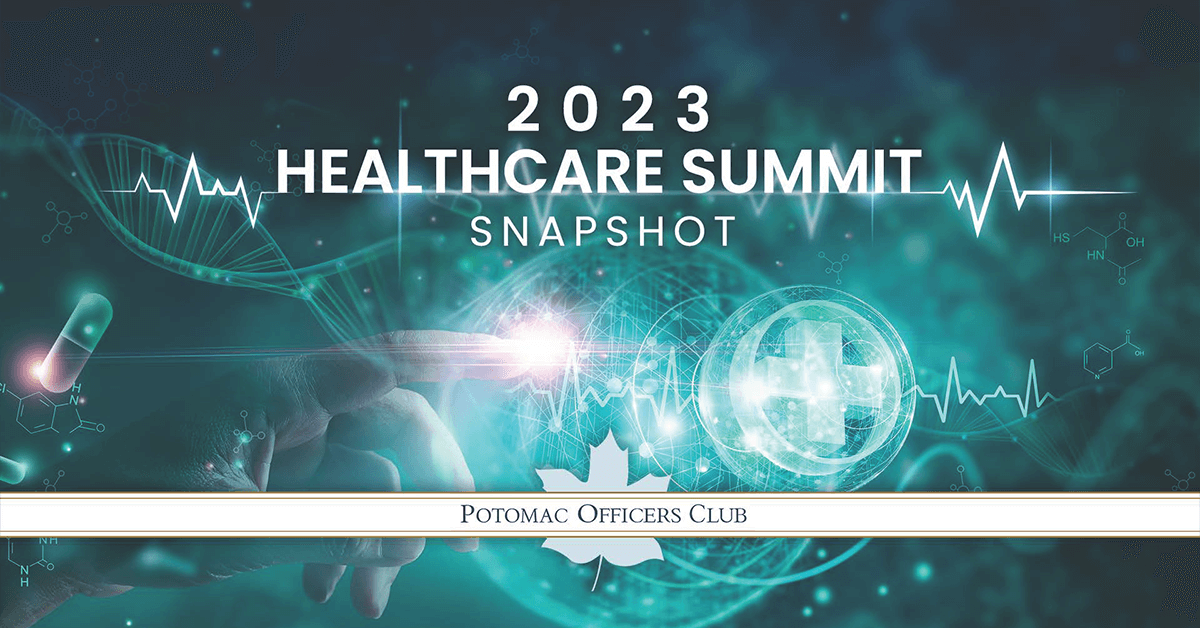In March 2021, President Biden issued an Executive Order calling on federal organizations to strengthen their cyber practices to ensure the security of critical information. Since then, agencies have made strides in the adoption of modern cybersecurity practices, such as zero trust architecture, updated policies and more.
For public sector healthcare organizations, improving cyber protections means taking measures to increase the security of health records and technologies to prevent adversaries from compromising patient privacy and treatment.

At the Potomac Officers Club’s 2023 Healthcare Summit on Dec. 6, both public and private sector health experts will come together to discuss key challenges and priorities shaping the federal healthcare landscape. Click here to learn more, and click here to register to attend the event.
The U.S. Department of Health and Human services has recently taken multiple steps to boost its cyber defenses. In October, the department released a cybersecurity toolkit made in collaboration with the Cybersecurity and Infrastructure Security Agency that aims to address cyber vulnerabilities within healthcare entities.
HHS is also looking at zero trust to better its cyber posture, and the department is considering creating a dedicated program management office to guide ZT initiatives. On Monday, the department issued a request for information from organizations that could support the potential project.
The Defense Health Agency has also zeroed in on cybersecurity as it works to enhance services offered by military health facilities. A recent milestone was achieved when the Fort Novosel, Alabama-located Lyster Army Health Clinic reached Maturity Level 4, the top level of protection from the Cyber Health and Readiness Inspection Program.
Pat Flanders, program executive officer for medical systems and chief information officer (J-6) for the DHA, highlighted the “outstanding efforts” of the team, which “have not gone unnoticed at the DHA headquarters level.” These contributions, he said, are “vital to improving DHA’s cyber security culture.”
Flanders will participate in a panel discussion on the intersection of patient privacy and innovation at the 2023 Healthcare Summit.
In September, the Food and Drug Administration emphasized the importance of cybersecurity for medical devices and patient treatment with a new guidance document, which suggests that industry provide specific cybersecurity device design, labeling and documentation in premarket submissions for devices with cybersecurity risk.
Don’t miss your chance to learn more about how federal health organizations are working to combat cyberthreats! Click here to register for the 2023 Healthcare Summit.







